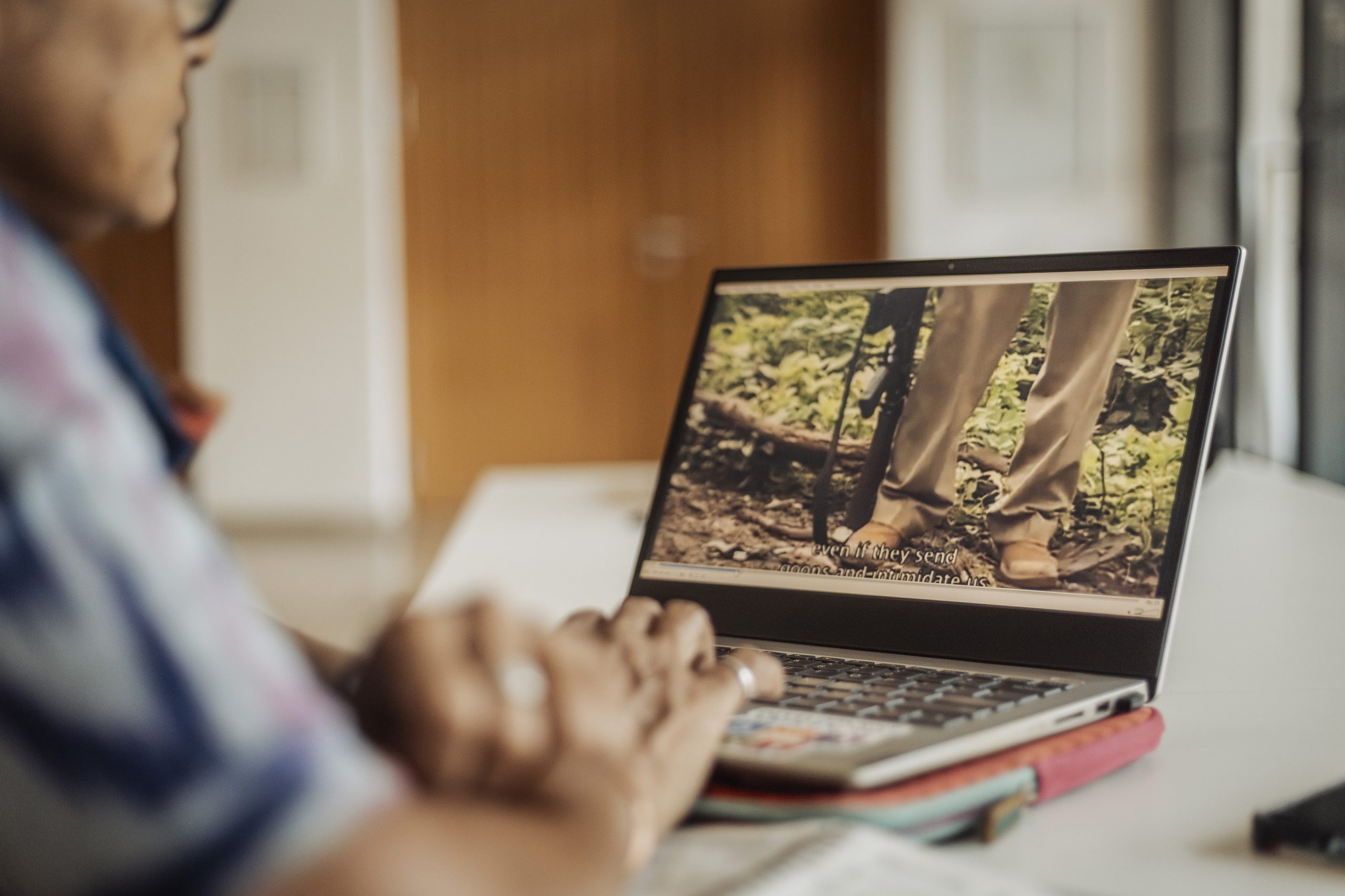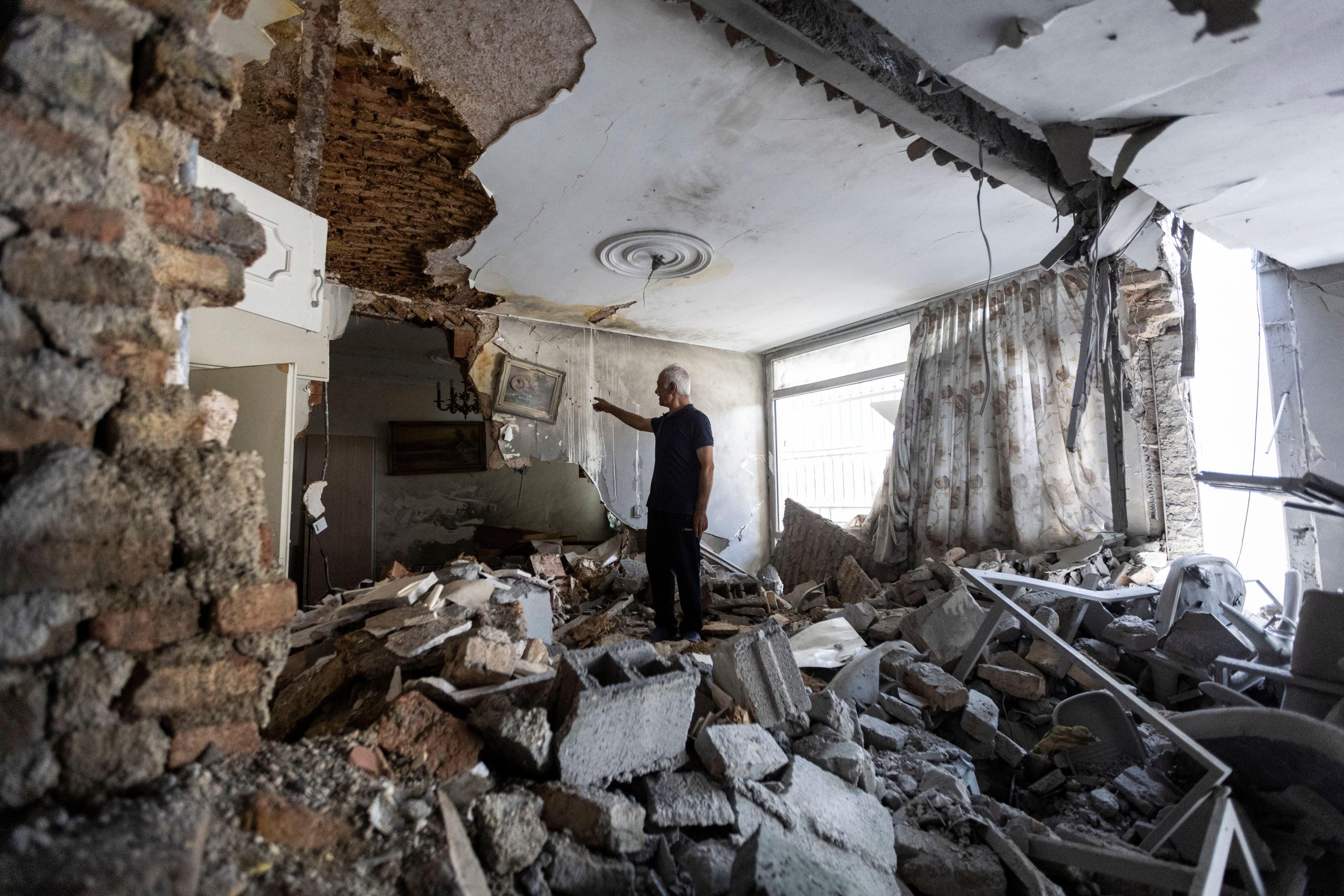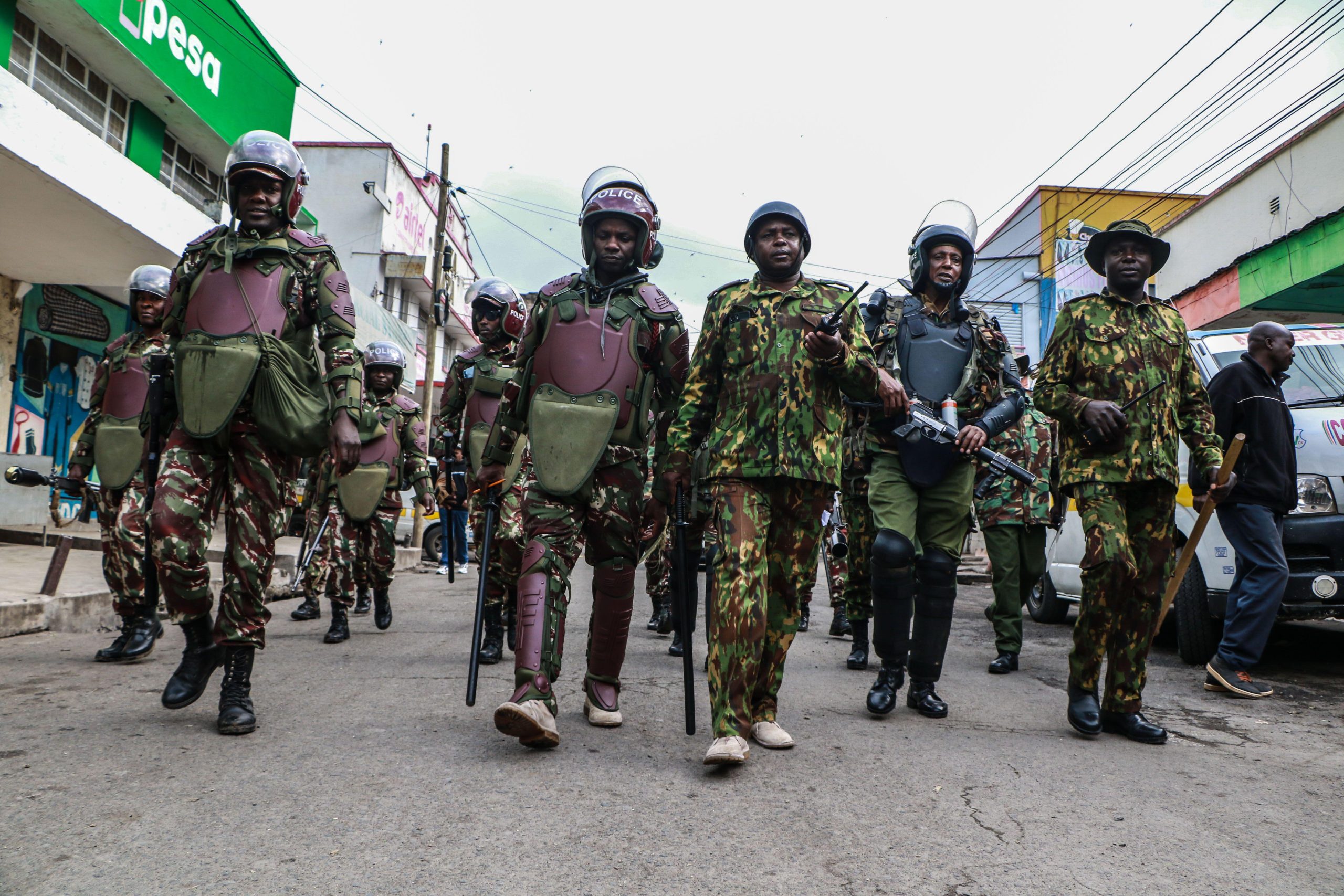[vc_row][vc_column][vc_single_image image=”112409″ img_size=”large”][vc_column_text]China has just revoked the press credentials of three journalists from the Wall Street Journal after the newspaper refused to apologise for a column called China Is the Real Sick Man of Asia. The journalists – Josh Chin, Philip Wen and Chao Deng – have each established a strong reputation for their reporting from China. The column that angered Chinese officials, here, is an opinion piece written by the academic Walter Russell Mead. Chin, Wen and Deng have been given just five days to leave.
This is not the first time China has expelled journalists working for newspapers that publish the “wrong” kind of news story, though to expel three at once is a serious act of aggression (the first time in the post-Mao Zedong era the government has expelled multiple journalists from one international news organisation at the same time). It’s another example of the lengths China will go to to stifle criticism at home and abroad. Back in 2014, New York Times reporter Austin Ramzy was the victim of similar treatment, following a story about the family wealth of a former high level official, Wen Jiabao. We interview Ramzy about what it was like having to leave China.
Index: When your visa was not renewed back in 2014, do you remember how you felt at the time?
Ramzy: When I was forced out in 2014 I was sad to leave the place where I had lived and worked the previous seven years, frustrated at the circumstances it was happening under and a bit overwhelmed at being at the centre of a news story.
Index: How logistically easy was it to leave? You had more time than five days, but was it still rushed and hard?
I had been working at TIME, but after I moved to the New York Times I was not given a new journalist visa. At the end of 2013 I was given a one-month humanitarian visa, basically to give me time to pack up. I sent my dog home to live with my sister, stored most of my stuff in a friend’s basement and went to Taiwan with a couple suitcases.
I had a month to prepare. Five days to leave would be very difficult. I do know the journalists being forced out and wish them the best during a very difficult time.
Index: What was it like working immediately after?
Ramzy: Returning to work was a strange feeling but it was also a welcome sort of normalcy.
Index: It’s another huge blow and sign of how much less room there is for free expression under Xi Jinping compared to Hu Jintao.
Ramzy: The Foreign Correspondents’ Club of China said this was the first expulsion, rather than a visa non-renewal, that it knew of since 1998. And I can’t think of a time when so many journalists were forced out at once. So yes, it seems clear the environment is getting worse.
Index: Have you been back to China (mainland) since?
Ramzy: I have been back to the mainland a few times to see friends, but not for work as a journalist.
Index: Does it make you sad that you can’t report from China?
Ramzy: I’m in Hong Kong now, so I still help cover China and there’s plenty to keep me busy.[/vc_column_text][/vc_column][/vc_row][vc_row][vc_column][/vc_column][/vc_row]






